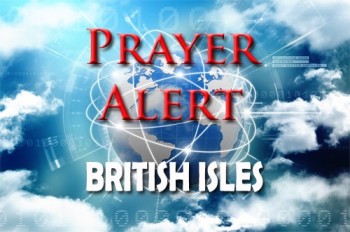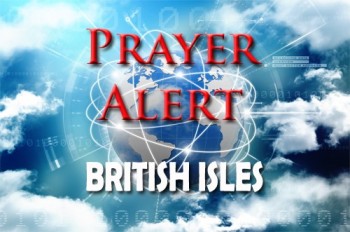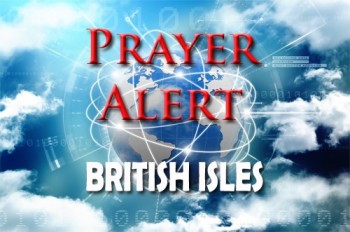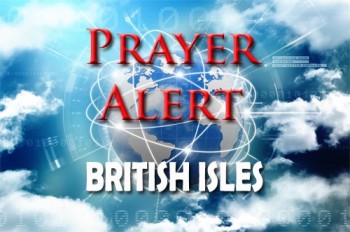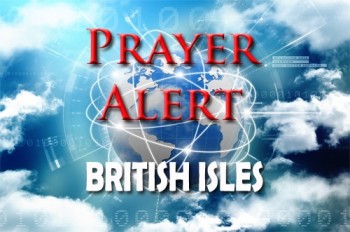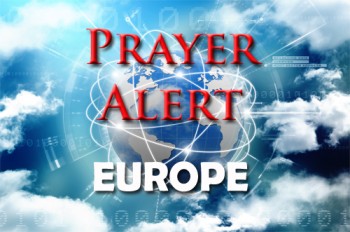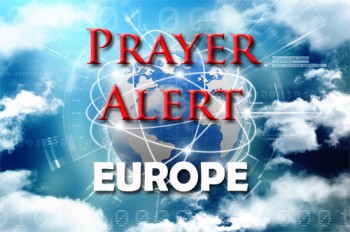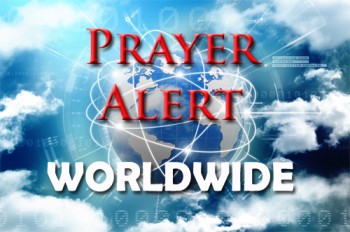J John: pray about Brexit
J John has recently commented: ‘However Brexit is resolved, it offers both encouragements and challenges to us who pray. Brexit is a symptom of a world that appears to have gone off-script. Many of the pillars of our world have either been destroyed or are shaking badly. Within a lifetime we have gone from a culture founded on solid Judeo-Christian values to one in which the only fundamental truth is that there is no truth. In the dysfunctional world we live in, prayer and praising remind us that, however spectacular the damage to these pillars is, they do not in fact hold up the world. Underneath and over this world is God, and he remains immovable. Psalm 11 says, “When the foundations are being destroyed, what can the righteous do? The Lord is in his holy temple; the Lord is on his heavenly throne.” Nothing has changed. Prayer reminds us that where the world sees only instability, we can focus beyond to eternal stability.’
Nationwide prayer for Christian unity and the political situation
From 20 January, Churches Together in Britain and Ireland (CTBI) joined in a week of prayer for Christian unity and dedicated prayer for the political situation in the UK. CTBI said, ‘This is a time in which many feel anger and anxiety over the future, and we need to pray that those who have the heavy burden of political leadership in our country may find a unity that brings our communities together in the task of serving the common good.’ Archbishop John Sentamu has encouraged everyone to pray three times a day, at 6am, 12 noon, and 6pm. He has written a special prayer to use: see
Parliamentary prayers argument
Conservative MP Crispin Blunt has tabled a motion for the tradition of saying prayers at the beginning of parliamentary business to be abolished. This call comes with the backing of eight other MPs and the National Secular Society (NSS). Mr Blunt, an honorary associate of NSS, stated on its website, ‘Whilst religious worship occupies a strong part in some people's lives, it should no longer play a role in the way we conduct our political affairs as an independent, open and diverse nation’. The House of Commons’ main daily prayer, first used in 1558, asks for God’s guidance so that MPs ‘never lead the nation wrongly through love of power, desire to please, or unworthy ideals’. Keith Vaz suggested an amendment to Blunt’s motion, resulting in the bill saying the opposite of its author’s intention: see
Violence against clergy
Among CofE clergy, one in ten have experienced violent behaviour in the last two years, and the same percentage are experiencing more hate crime than they did two years ago. Over 66% have received verbal abuse and one in five has experienced threatening behaviour. Most threats were to harm the cleric personally, but 20% had relatives threatened and 35% experienced threats to church property. 25% of cases were because they declined to give money to someone who asked them for it. Clergy who have suffered violence are likely to find their work ‘more challenging’ than they did previously. This situation has necessitated National Churchwatch to produce a personal attack alarm for clergy; it looks like an ID badge, but has a button on the back to press if they feel at risk or needs assistance. The button connects immediately to a control room which can monitor what is going on and call the police if necessary. See



